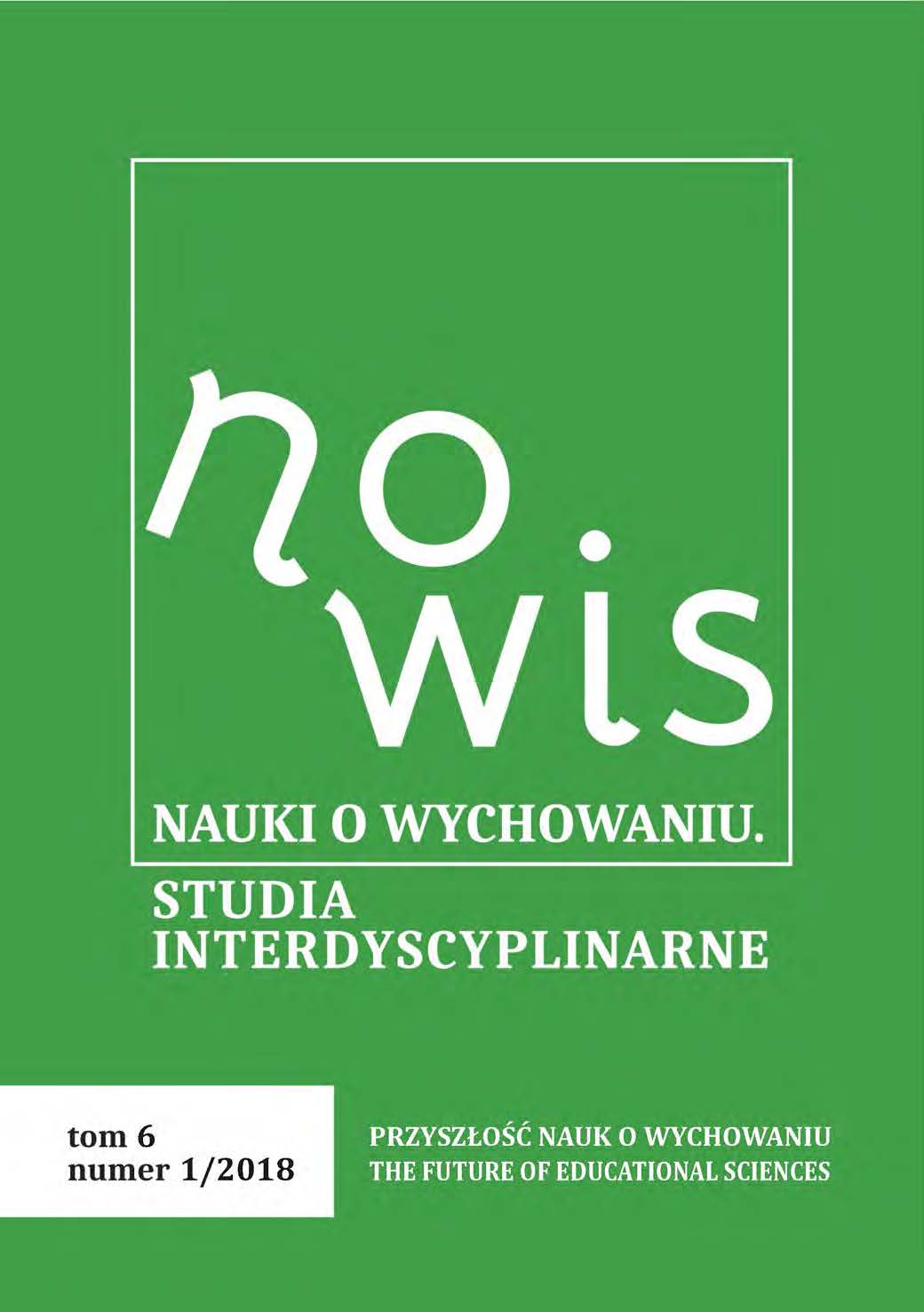Douglas Barnes ponownie odczytany…
Douglas Barnes re-read...
Author(s): Tomasz ŁukawskiSubject(s): Education, Communication studies, ICT Information and Communications Technologies
Published by: Wydawnictwo Uniwersytetu Łódzkiego
Keywords: constructivism; information and communication technologies; interdisciplinary educational projects; interactive learning model; konstruktywizm; technologie informacyjno-komunikacyjne
Summary/Abstract: Douglas Barnes addresses the problem of developing a culture of communication in the classroom. The main message of the publication is that “Speech enables us to direct thinking”. The author, repeating after Edward Sapir, attributes the ability to generate new meanings to speech (1985), and quoting Lew Vygotsky (1962) presents speech as a tool for directing activity and explaining the world. Language allows reflection since it allows us to present our observations and conclusions in such a way that we can look at them as available modifications in the light of our key objectives (Cook-Gumperz 1973). Information technology opens today possibilities that facilitate a wide application of the ideas proclaimed by Barnes and Bruner, and the trend of critical constructivism represented by Dylak (2013), Wojciechowski, and Cellary (2013) is an opportunity to give Polish school modern teaching and openness to educating graduates who will be able to find themselves and function in the future, unknown, digital world. // Douglas Barnes porusza problem kształtowania kultury porozumiewania się w klasie szkolnej. Głównym przesłaniem publikacji jest stwierdzenie, że „mowa umożliwia nam kierowanie myśleniem”. Autor, powtarzając za Edwardem Sapirem, przypisuje mowie zdolność generowania nowych znaczeń (Sapir 1985), a przytaczając Lwa Wygotskiego – przedstawia mowę jako narzędzie umożliwiające kierowanie działaniem i wyjaśnianiem świata (Vygotski 1962). Język umożliwia refleksję, ponieważ pozwala nam przedstawić sobie nasze spostrzeżenia i wnioski w taki sposób, że możemy spojrzeć na nie jako dostępne modyfikacje w świetle naszych ważniejszych celów (Cook-Gumperz 1973). Technologie informacyjne otwierają dziś możliwości, które pozwalają na szerokie zastosowanie idei głoszonych przez Barnesa, Brunera, a nurt konstruktywizmu krytycznego reprezentowanego w artykule przez Stanisława Dylaka (2013), Wojciechowskiego, Cellarego (2013) jest szansą dającą polskiej szkole nowoczesną dydaktykę i otwarcie się na kształcenie absolwenta, który będzie potrafił odnaleźć się i funkcjonować w przyszłym, nieznanym, cyfrowym świecie.
Journal: Nauki o Wychowaniu. Studia Interdyscyplinarne
- Issue Year: 6/2018
- Issue No: 1
- Page Range: 208-222
- Page Count: 15
- Language: Polish

